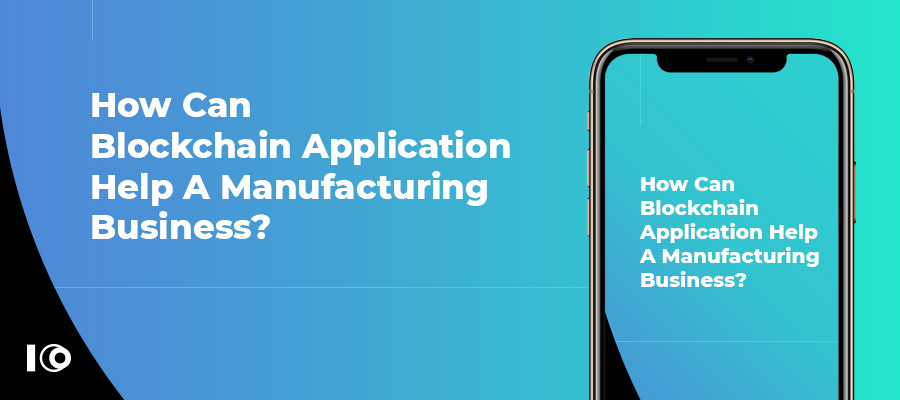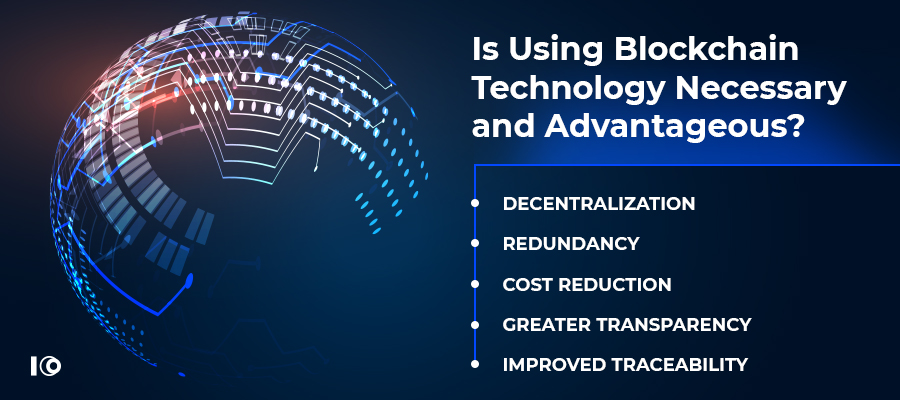What are Dapps? What It’s Role in Blockchain Development?
February 25, 2019Know About The Relation Between Bitcoin and Blockchain Technology
February 27, 2019The blockchain market is on the rise after many industries started experimenting with it and applied it to various types of businesses such as supply chain management, tourism industry, financial technology and many. The supply chain of products can be said as a trend right now because that sector can rip the benefits of transparent and immutable data offered by the blockchain based application the most. A blockchain application provides immutable, secure and transparent ledger. The supply chain industry needs blockchain regarding solving issues related products unable to be delivered or manufactured product unable to reach on stipulated time, information on each transaction and other sensitive data.
From the beginning of supply chain management, a manufacturing business is a sensitive industry regarding information. This information includes suppliers’ info., product-related info., legal and other documentation, various technical certificates and specifications of products. Different Enterprise Resource System and Data Base Management System manages this kind of data for a manufacturing business, but these two technologies lack two things which are tampered-proof data and transparency of each data at every level of an organization. These drawbacks lead a manufacturing industry of any country to project and business failure every year. And loopholes created through these drawbacks encourages illegal activities.
The information process of manufacturing product from factory to warehouse stored in blockchain application provides transparency of each stage of supply chain within the manufacturing unit.
But these drawbacks do not replace the existing ERP and DBMS software with the blockchain based application. The complexity of information in manufacturing business might be solved only with a customized ERP system; it is not possible through blockchain just yet. But blockchain technology when integrated with these two systems can eliminate mentioned drawbacks. The information process of manufacturing product from factory to warehouse stored in blockchain application provides transparency of each stage of supply chain within the manufacturing unit. Moreover, only nodes of the blockchain also known as participants can access this information through a private key only, making the entire supply chain of information secured from outside threats.
For the business of perishable goods or material which requires certain conditions when stored, blockchain is proven as the best. The perishable goods when affected adversely can result in a massive loss to the manufacturing units. Moreover, documentation at various stage of the supply chain needs to be reached on time so that the goods are neither delayed nor poorly affected. Real-time tracking is possible of flow of information throughout the blockchain process. Whenever a data block is added, a notification reaches to all nodes and consensus process starts. Consensus process is agreement by every node to add a block of data on the blockchain and to add a block, 51% of nodes need to agree. Consensus process requires a computing power which increases over time that is why manufacturing units can afford this integration between ERP and blockchain technology.
The information a publishing company can extract from blockchain application of manufacturing business with the help of a private key assigned to them.
Other benefits of blockchain technology for a manufacturing business are for publishers of manufactured goods. The technical data and certifications for public safety and knowledge need to be published at the time product hit the market — moreover, this information a publishing company can extract from blockchain application of manufacturing business with the help of a private key assigned to them. This implementation of blockchain technology as one of the layers of information management system results in low data processing cost, time reduction to maintain data, and an increase in the efficiency of supply chain management.




